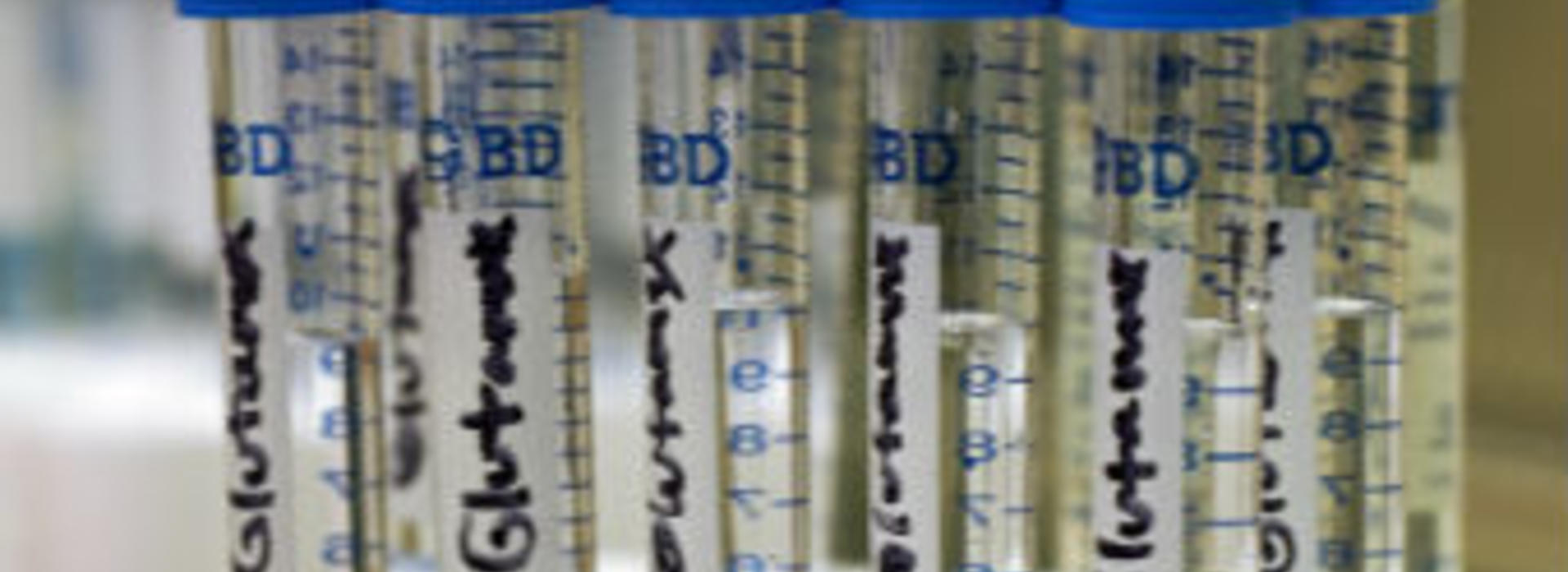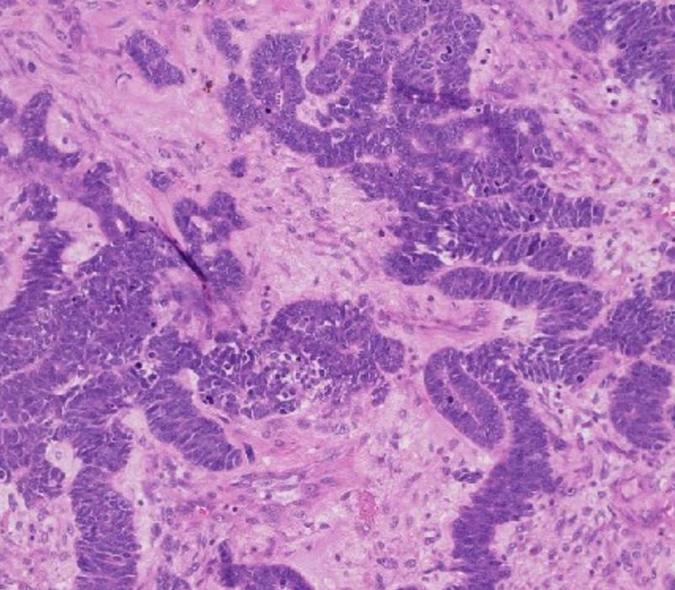
Department of Defense Health Award for Ovarian Cancer Research Project
Dr. Melissa Geller, in the Division of Gynecologic Oncology and Dr. Hee Yun Lee in the School of Social Work received the Ovarian Cancer Pilot Award from the U.S. Department of Defense Health Program. The overall goal of the award is to eliminate ovarian cancer by supporting innovative, high-impact research. Lee and Geller were awarded $225,000 over two years for the project, which aims to develop and assess an intervention using mobile phone technology to promote genetic counseling among women with ovarian cancer and their families.
Approximately 2200 women per year in the United States will develop ovarian cancer as a result of a hereditary genetic mutation. In many cases, these cancers could have been prevented if the family had genetic counseling to learn of this risk. For this reason, guidelines recommend that all women with ovarian, fallopian tube, or primary peritoneal cancers be referred for genetic counseling. Identification of a high-risk hereditary cancer gene enables physicians to provide medical care that may reduce the risk of cancer and increase the life expectancy for high-risk individuals and their family members. This study proposes to develop the Mobile Application for Genetic Information on Cancer (mAGIC) intervention to encourage ovarian cancer survivors to undergo genetic counseling.
The overall study objective is to develop and test the effectiveness of a week-long mobile phone-based mAGIC intervention aimed to persuade ovarian cancer survivors to receive genetic counseling, with the long-term goal of expanding this intervention to family members and individuals with other cancers. This technology will educate patients about the purpose and benefits of genetic counseling and direct patients to services. No products currently available have the ability to wirelessly educate women with ovarian cancer about the significance and benefit of genetic counseling through mobile phone technology.
Genetic counseling and testing would allow women with ovarian cancer and their families to receive information about preventative surgeries and screening which could significantly reduce the risk of developing a subsequent breast cancer by 90% and family members from developing ovarian cancer by 95%. If successful, this research could be applicable to other hereditary cancers as well.



